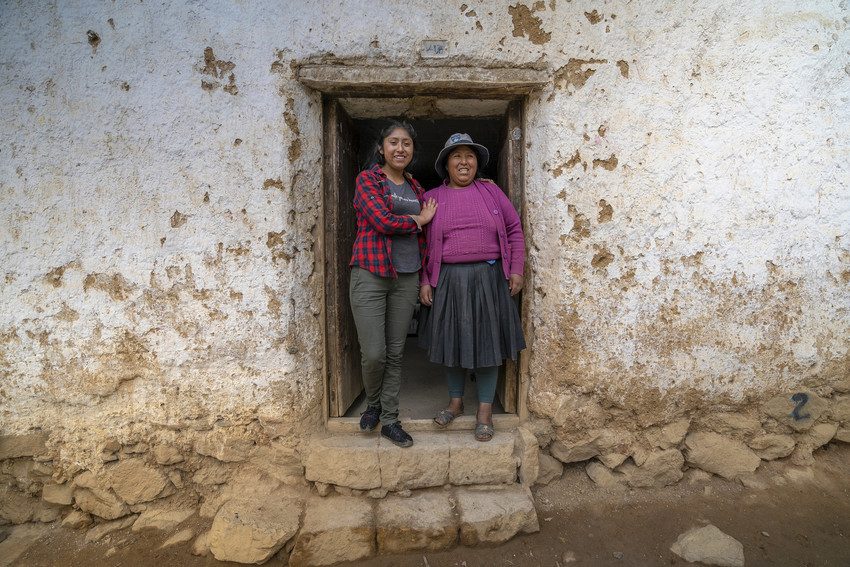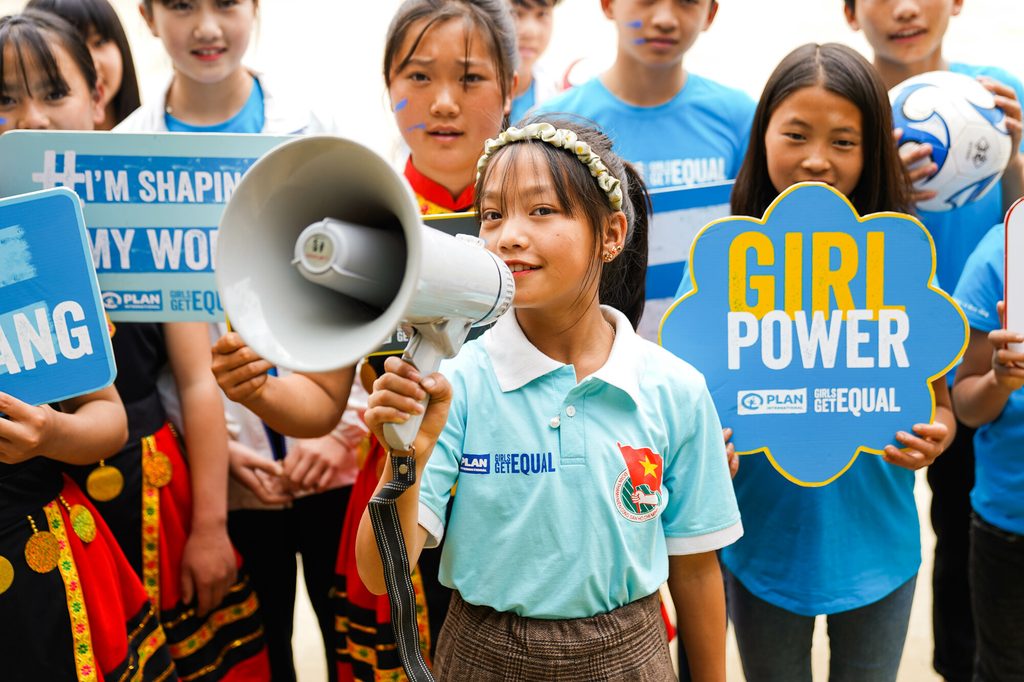Realising every girl’s right to flourish
A review of progress on the 10th anniversary of International Day of the Girl
This report provides a review of worldwide progress between 2012 and 2022 in advancing the rights of all girls to develop to their full potential as the children of today and adults of tomorrow.
Under international law, all girls throughout the world enjoy a variety of rights that entitle them not only to survive but to develop to their full potential on equal terms with others.
The rights are contained in an array of global and regional treaties, all of which require countries to respect, protect and promote them – and if all girls are indeed to flourish, it is essential that these commitments are honoured with wholehearted resolve.
Concerned by slow progress in this regard, the girls’ rights movement engaged in advocacy that led to the United Nations’ (UN) designation of 11 October as the International Day of the Girl (IDG). IDG was first observed in 2012 and has continued since then to be an occasion for giving visibility to girls and reminding the global community of its duty to realise their rights through stronger leadership, stronger policies and laws, and stronger, better-resourced implementation of these policies and laws.
In 2022, we observe the 10th IDG, which is an opportune moment to take stock of the journey so far towards achieving lasting change and gender equality for girls.

“Girls have the right to a safe, educated and healthy life, not only during these critical formative years, but also as they mature into women.
United Nations, 2022.
“If effectively supported … girls have the potential to change the world – both as the empowered girls of today, and as tomorrow’s workers, mothers, entrepreneurs, mentors, household heads and political leaders.”
Framework: Theory of Change
The framework of ideas through which this review examines the first ten years of the IDG to ascertain progress on empowering girls to flourish and fulfil their potential is also a framework for looking at how it could be accelerated over the next 10 years and beyond. It rests on a theory of change – of how positive differences could, and should, be made in girls’ lives.
This theory of rights-based transformation shapes the review.
Did we achieve the transformation we aspired to?
In the year of the 10th IDG, there is cause to celebrate; yet there is also pause for thought.
The review assesses progress and regressions in the realisation of girls’ critical rights in five clusters:
- Early-childhood development
- Inclusive education
- Freedom from violence
- Sexual and reproductive health and rights (SRHR)
- Leadership and participation

IDG 10 Year Report – Realising every girl's right to flourish (English)
4 mb


